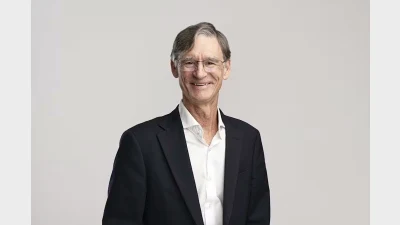ISA lambasts super opt-out calls



Younger workers would be the long-run losers of any Government move to allow them to opt out of the superannuation system, according to Industry Super Australia (ISA) chairman, Peter Collins.
Commenting on media reports that Deputy Prime Minister, Barnaby Joyce was well-disposed to giving people the ability to use their super balances to purchase a home, Collins warned that lower paid workers, mostly women and young people, would be left tens of thousands of dollars worse off.
"This proposal is ill-conceived, irresponsible, and risks mortgaging Australia's economic future," the former NSW State Liberal leader said.
"Super builds a substantial nest egg for the vast majority of Australians through compound interest over decades of saving. This proposal would cost younger workers very dearly in the long run. The younger you start putting money into super, the more you retire with."
Collins said that, by middle age, the benefits were apparent with a 45 year old cleaner being able to expect a boost to their total retirement income of up to 30 per cent a year if all of their super lump sum was converted into an income stream.
He said that, for a middle income earner, the super system would deliver them a retirement income 46 per cent above the full age pension.
The ISA chairman said that there were a number of sensible ways to make the super system deliver a fairer outcome for lower and middle income earners, primarily by rebalancing tax concessions which mostly flow to Australia's highest income earners.
"The government could also boost women's super by restoring the Low Income Super Contribution and lifting the freeze on the Super Guarantee from 9.5 per cent to 12 per cent," Collins said.
Recommended for you
The super fund announced that Gregory has been appointed to its executive leadership team, taking on the fresh role of chief advice officer.
The deputy governor has warned that, as super funds’ overseas assets grow and liquidity risks rise, they will need to expand their FX hedge books to manage currency exposure effectively.
Super funds have built on early financial year momentum, as growth funds deliver strong results driven by equities and resilient bonds.
The super fund has announced that Mark Rider will step down from his position of chief investment officer (CIO) after deciding to “semi-retire” from full-time work.











